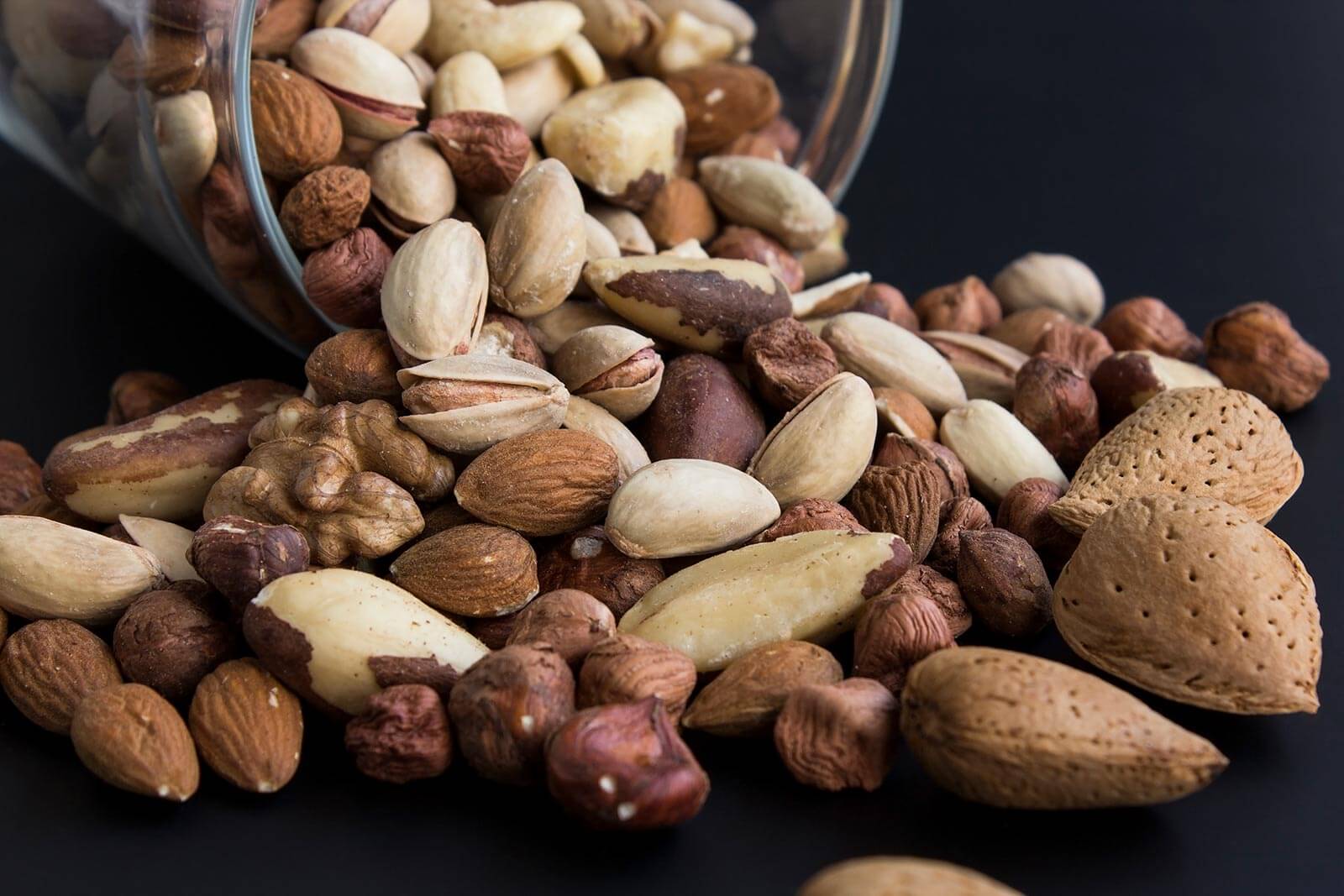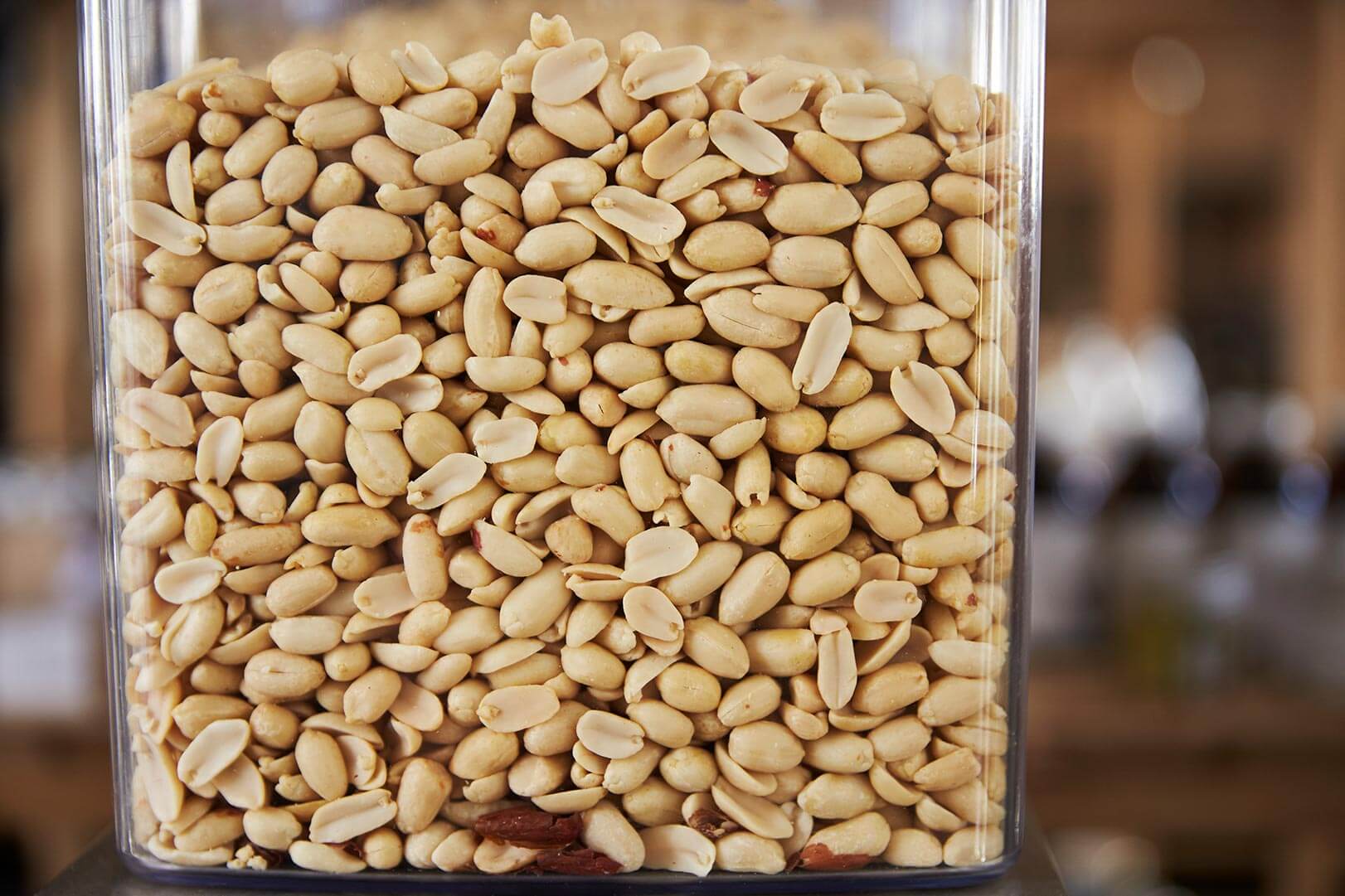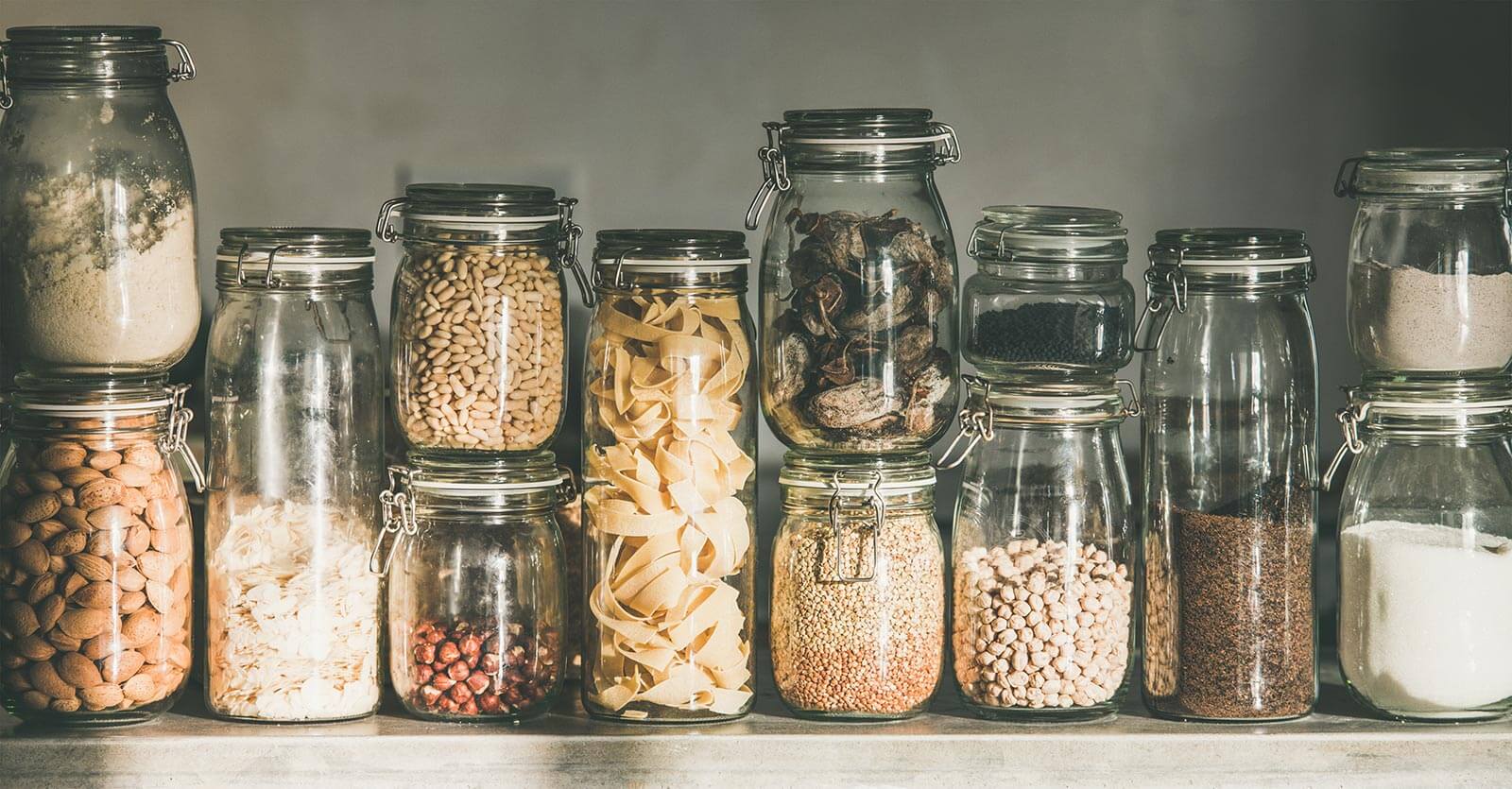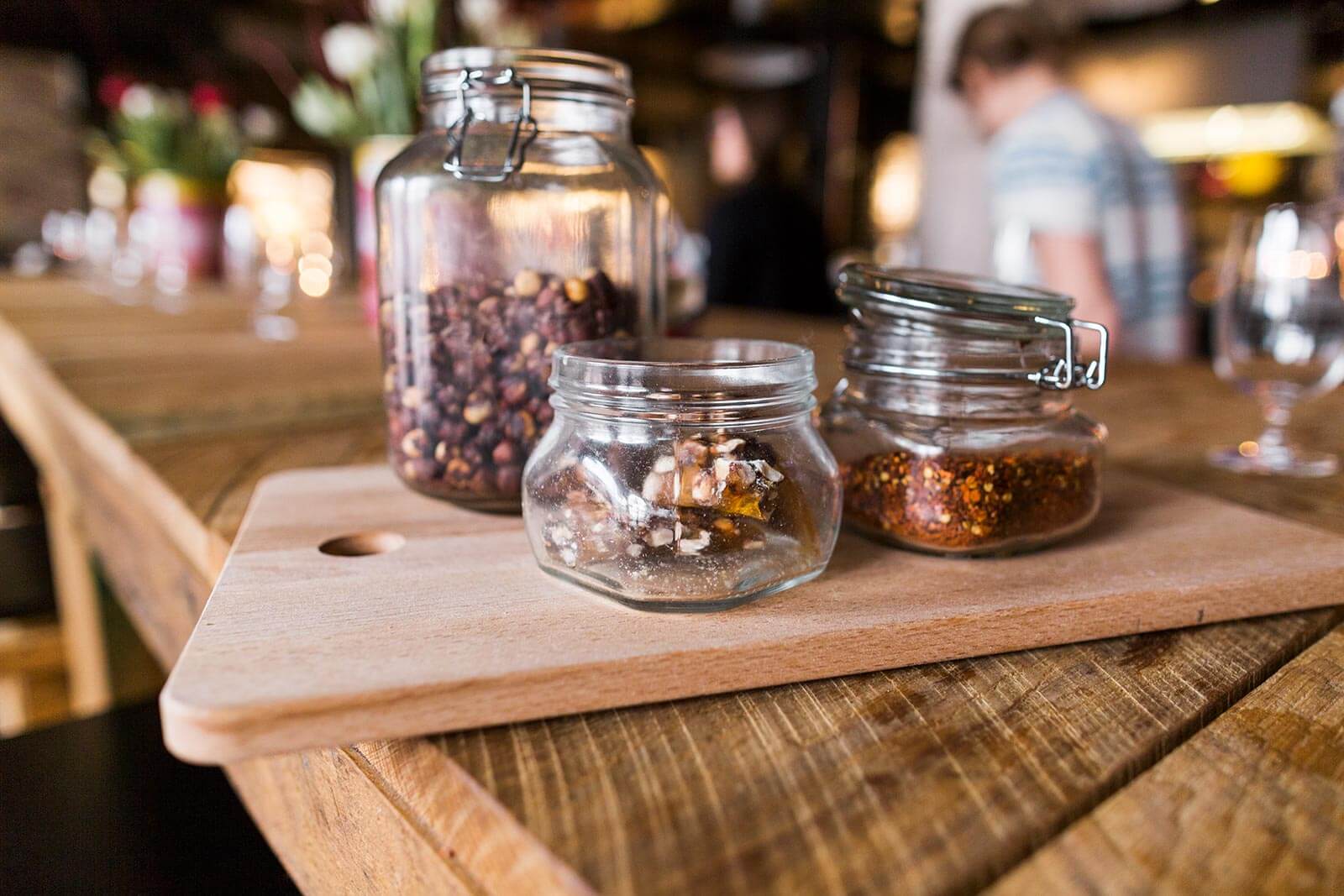Nuts and Vaults: What you need to know about how to store nuts
21st Mar 2021

Background
Nuts are available through retail outlets in any number of packaging options, from bulk selections, to mixed canisters and bags, from standard glass jars to temporary plastic packaging, in bulk or in single or multiple use bags. But what do you do with them once you get them home?
Sure, we know some people just gobble them up because they’re irresistible, but if you will be storing them for any amount of time it’s important to make sure to keep your nuts in containers that keep them fresh and free of contaminants.
And to keep them safe from others, pets or humans, who should not be getting into them!
But what makes nuts so healthy, particularly the oils and unsaturated fats, also makes them susceptible to time and storage requirements.

General
Whether shelled or not, nuts are porous and can easily absorb elements of their surroundings, be it aromas or air pollutants. Because of the oils and fats in them, they are best kept cool. Regardless of how or where you store them, be sure to keep them away from particularly aromatic foods and other scent-emitting items, such as onions and candles!
Below are the basics on how, where, and how long to store nuts.
If you harvested your own nuts one of the first things you want to do is make sure they are dry. Mold can grow quickly on nuts, ruining the entire batch. Once they’re dry you might want to freeze them for a few days just to make sure there’s nothing undesirable on them (bugs!). This is less of a concern if you’ve purchased your nuts from a retailer, but still a consideration especially if you purchased on site from bulk bins.

How to Store
Nuts should be stored in their own airtight containers, such as glass, ceramic, or sturdy plastic containers. Even freezer bags are a good option. In selecting the container it’s important to assess them for their airtightness. Some disposable containers or bags are more biodegradable, which while good for the environment, isn’t the best option to ensure the freshness of your nuts.
The goal is to keep the air out.
But you’ll also want to keep them out of direct sunlight, so you should use darker or frosted containers. You can also store them in the pantry or cabinet. The cooler the better, so not in the cabinet above the stove!
Where to Store
If you’re not going to use the nuts right away it becomes merely a matter of preference. Nuts are best stored in their shells, but that makes them less convenient for snacking. In shell or not, it’s always best to keep your nuts cool and shaded, in airtight containers, and within reach! You can mix it up, keeping some at the ready for regular snacking, while keeping more in the fridge and/or the freezer.
- Away from other aromatic foods and items.
- In airtight containers.
- In cool, dry places
- In the Fridge
- In the Freezer
How long to store
Assuming the nuts are stored in proper containers and settings, either shelled nuts or inshell nuts can be stored at room temperature for up to three (3) months. You can prolong their viability by storing them in the refrigerator for up to six (6) months, and they can be frozen for up to a year.
- Room Temperature: up to three months
- Refrigerator: up to six months
- Freezer: up to a year
You will notice a degradation in quality and freshness if stored longer under these conditions, and they will risk going bad. While older, rancid nuts are unlikely to be poisonous, their nutritional benefits, along with their taste, decrease, and they may cause some digestive issues. If you find yourself with older nuts definitely look to use them while they are still fresh.
TIP: When eating previously stored nuts you may notice that they taste a little off or dried out. Just toast them for about 10 minutes and you’ll get most of the flavor restored.
Specifics
As you may expect, nuts in the shell can be stored longer than those that have already been shelled. What’s counter to logic, though, is that unsalted nuts last longer, stay fresher than salted ones. Beyond that, some nuts handle storage better than others.
- Cashews and almonds last longer and retain more of their nutrients when stored properly than other nuts.
- Despite being popular and prevalent, peanuts, pecans and walnuts spoil quicker than other nuts, and therefore should be used quicker, which is usually the base as they’re often used in baking.
- Chestnuts not so much … they should be frozen.

Summary
For the best results for fresh, healthy nuts, store them in an airtight container in the refrigerator. They’ll be fresh and ready for up to six months. If you buy in large quantities, section out what you need and store separately in the fridge and freeze the rest, for up to a year, but remember, they have to be stored in airtight containers.
TIP: If you are freezing or storing your nuts in the refrigerator, allow them to warm to room temperature before eating them (take a serving supply out and let them sit for a bit). This will allow them to dry from any moisture creating from chilling.
Of course the ultimate storage is in your belly!
The initial freshness of the nuts when you purchase them is important, too, so that's why Anuts.com is the best place to buy nuts online.
Related Articles:
https://www.thespruceeats.com/how-to-store-nuts-1389147
https://food52.com/blog/11275-how-to-store-nuts-and-seeds
https://www.tropicalfoods.com/blog/ways-to-correctly-store-nuts/

